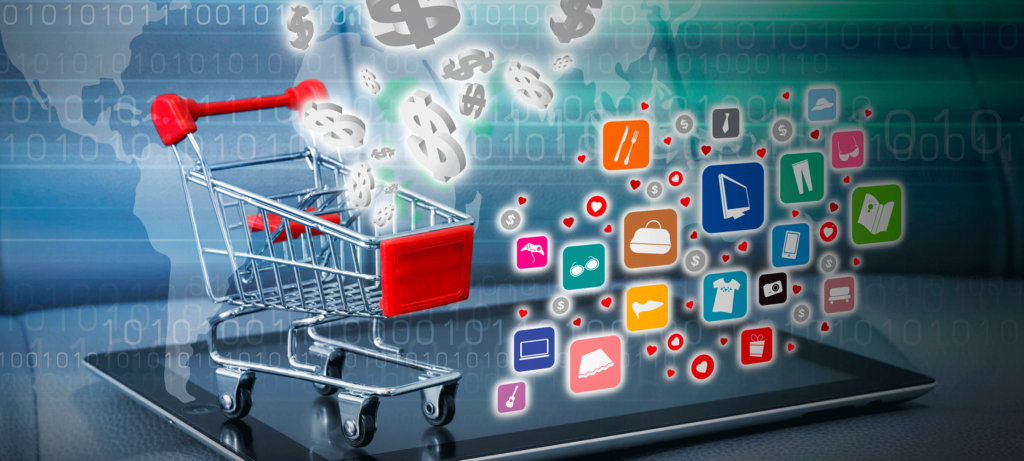Understanding the Importance of IT Management in the Hospitality Industry
In today’s rapidly evolving digital landscape, IT management has emerged as a cornerstone for success within the hospitality industry. For restaurants and cafes, the integration of robust IT systems is not merely a matter of convenience but a critical component in enhancing operational efficiency and customer satisfaction. The hospitality sector thrives on delivering seamless experiences, and effective IT management can significantly contribute to this goal by streamlining operations, optimizing resource allocation, and enhancing service delivery.
One of the primary reasons IT management is indispensable in hospitality is its ability to facilitate data-driven decision-making. By leveraging sophisticated software, restaurant and cafe owners can analyze customer preferences, manage inventory more effectively, and tailor marketing strategies to target specific demographics. This not only results in improved operational efficiency but also enhances customer engagement and loyalty.
Additionally, IT systems play a pivotal role in maintaining secure payment processes and safeguarding customer data. In an era where cybersecurity threats are increasingly prevalent, having a reliable IT infrastructure ensures that sensitive information is protected, thus fostering trust and confidence among patrons. Ultimately, investing in IT management is not just about staying competitive; it is about cultivating a foundation for sustainable growth and innovation in an ever-demanding industry.

Key IT Challenges Faced by Restaurants and Cafes.
In today’s fast-paced digital landscape, restaurants and cafes are increasingly relying on technology to enhance customer experience and streamline operations. However, this reliance on IT brings its own set of challenges that can impact the efficiency and success of these establishments. Understanding these hurdles is crucial for any restaurant or cafe aiming to thrive in a competitive market.
Management is doing things right; leadership is doing the right things. – Peter Drucker
1. Data Security
Restaurants and cafes handle large volumes of sensitive customer data, including payment information and personal preferences. Ensuring this data is secure from breaches and cyber threats is a paramount concern. Implementing robust cybersecurity measures, such as encryption and secure payment gateways, is essential to protect both the business and its clientele.
2. System Integration
With numerous systems such as Point of Sale (POS), inventory management, and customer relationship management (CRM) in place, integrating these seamlessly can be a daunting task. Disconnected systems can lead to inefficiencies and errors, hampering service quality and operational flow. Businesses must prioritize choosing compatible software solutions that facilitate smooth integration.
3. Keeping Up with Technological Advancements
The rapid pace of technological innovation means that restaurants and cafes must continually update their systems to stay competitive. This involves not only financial investment but also the need for continuous staff training. Without staying up-to-date, businesses risk falling behind in customer service and operational efficiency.
In conclusion, while IT offers numerous benefits to the food service industry, it also presents significant challenges that must be proactively managed. By addressing these issues head-on, restaurants and cafes can leverage technology to enhance their operations and deliver exceptional customer experiences.
Essential IT Management Tools for Your Restaurant or Cafe
Running a restaurant or cafe requires more than culinary expertise and excellent service; it demands a robust IT infrastructure to streamline operations and enhance customer experience. In today’s digital age, leveraging essential IT management tools is key to staying competitive and efficient. These tools not only automate routine tasks but also provide insightful data analytics to drive informed decision-making.
Point of Sale (POS) Systems
A modern POS system is the backbone of any food service business. It facilitates seamless transactions, manages customer orders, and integrates with inventory systems to ensure stocks are adequately tracked and replenished. Advanced POS systems also offer detailed sales reports, helping businesses identify trends and optimize their offerings.
Inventory Management Software
Keeping track of stock levels can be daunting, especially during peak business hours. Inventory management software automates this process, minimizing waste and preventing stockouts. It alerts managers when supplies run low, ensuring the kitchen is always prepared to meet customer demands.
Customer Relationship Management (CRM) Tools
Understanding your customers is crucial in the hospitality industry. CRM tools help gather and analyze customer data, allowing you to personalize marketing strategies and improve customer retention. By tailoring promotions and loyalty programs to customer preferences, restaurants can enhance their appeal and foster a loyal clientele.
By incorporating these essential IT management tools, restaurant and cafe owners can ensure smoother operations, better customer service, and ultimately, a more successful business. Whether you are a small cafe or a large restaurant chain, embracing technology is a step towards future-proofing your establishment.


